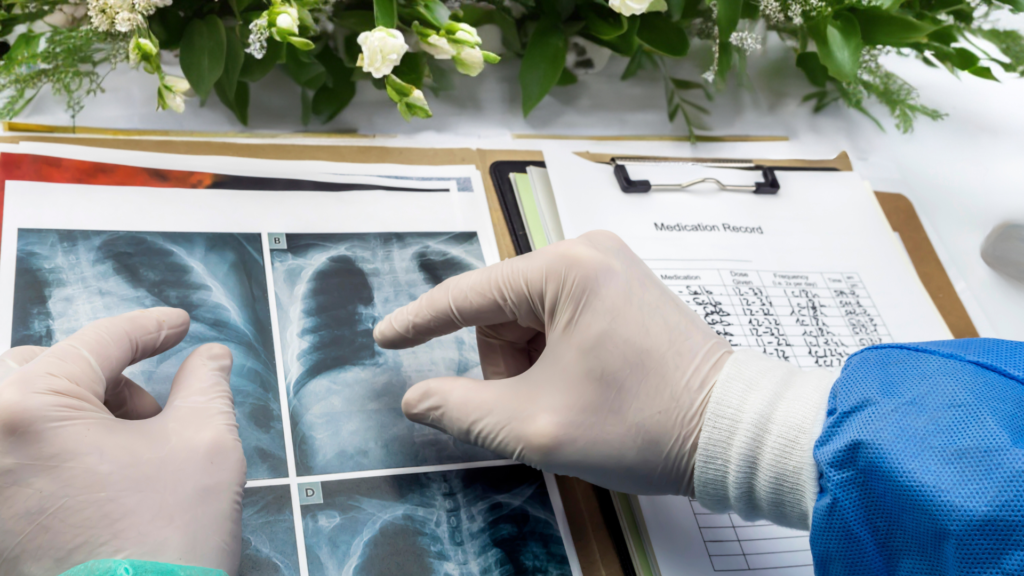9th Month Update
On January 9th, during chemotherapy, my nose swelled due to an increase in liver indices. When blowing my nose, it bled, often with blood clots. Surprisingly, this time, there was no swelling in my legs, no fever, but my hands and feet remained cold. A week after chemotherapy, I went to a second hospital to test CEA, CA125, and CA199. Shockingly, CEA increased by more than 10, CA125 soared to over 800, only CA199 remained normal. Later, I learned that cancer index measurements may vary slightly between different hospitals.
The physician at the second hospital suggested trying Crizotinib because some patients who became resistant to Entrectinib found success with Crizotinib. I took a relatively lower dosage—1 pill on odd-numbered days and 2 pills on even-numbered days. After a week, the doctor observed no significant change in pleural effusion, prompting me to continue for another week before deciding whether to stick with Crizotinib or return to chemotherapy. During this period, it’s advised to minimize draining pleural effusion as it can artificially lower cancer indices, affecting the evaluation of the targeted drug’s effectiveness.
Additionally, the doctor cautioned against frequent draining of pleural effusion, as it stimulates rapid regrowth. Pleural effusion contains many bodily nutrients, such as proteins. Continuous drainage results in quick nutrient loss. Only in extreme cases of breathlessness should pleural effusion be drained. The physician also advised against “pleurodesis” as it can impact future medication effectiveness.

